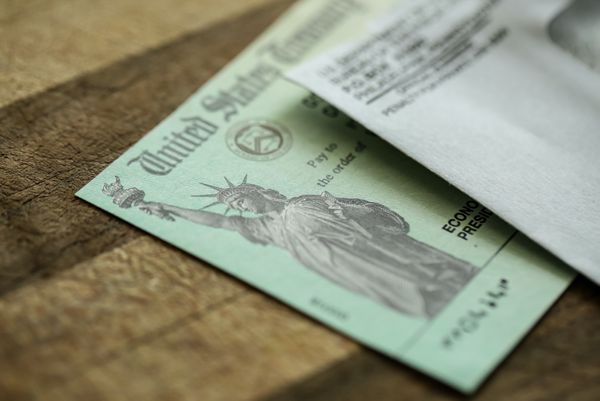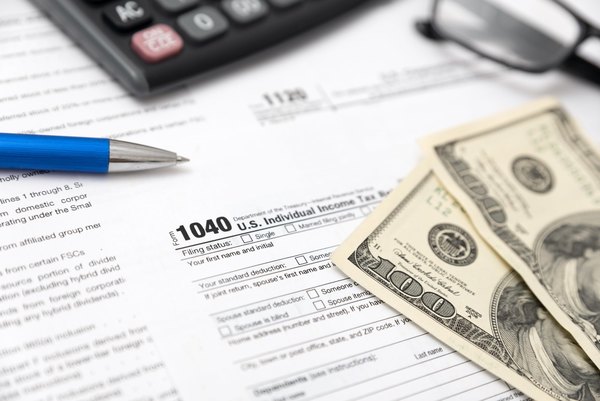Any time you receive money from the government or your employer, it’s generally wise to approach it carefully and consider potential tax obligations.
Many people have been affected by the global COVID-19 pandemic. Beyond its impact on public health, it has disrupted the economy in significant ways. Small businesses have faced closures, and some may not reopen. As a result, many individuals have experienced job loss or reduced hours.
At one point, unemployment rose to 4.4%, with concerns it could increase further. Millions of people have applied for unemployment benefits to help cover essential expenses during this period.
Traditionally, unemployment benefits are paid when someone is laid off or let go. In response to the pandemic, the federal government introduced expanded unemployment assistance to support affected workers.
Qualification for Unemployment Benefits
Under recent legislation, including the CARES Act, expanded unemployment benefits were designed to help people who were laid off, furloughed, or had their work hours reduced due to COVID-19.
Eligibility depends on individual circumstances. According to available guidance, you may qualify for CARES Act-related benefits if you were unable to work or experienced reduced hours because of the coronavirus. Qualifying situations could include workplace closures or job offers that were withdrawn due to COVID-19-related disruptions. Final eligibility is determined by state agencies based on federal guidelines.
For those who qualified during the program’s availability, benefits generally included standard state unemployment payments plus an additional federal supplement of up to $600 per week. Actual amounts varied based on eligibility, timing, and state implementation.
Do I Have to Pay Taxes on Unemployment Benefits?
It’s important to understand the tax treatment of unemployment benefits.
While stimulus payment checks were generally not considered taxable income, unemployment benefits are typically subject to federal income tax. Some people choose to set aside a portion of their benefits for taxes. A commonly referenced estimate is around 22% of income, though the actual amount owed depends on your total income, filing status, and personal tax situation.
Unemployment benefits are not subject to Social Security or Medicare payroll taxes, which may reduce the overall tax burden compared to wages. More details can be found in this overview on taxes and unemployment benefits.
State taxes may also apply to unemployment benefits, depending on where you live. Rules vary by state, so it’s a good idea to check your state government’s website for the most accurate and up-to-date information.
As a general practice, when receiving income from unemployment benefits or other government programs, setting aside funds for potential taxes may help avoid surprises at tax time. Saving more than needed could result in a refund, while saving too little could lead to a tax bill.
Expanded unemployment programs were among the largest government relief efforts in recent history, and tax considerations were still part of the picture. Planning ahead by setting aside money from each payment can help you stay prepared.






